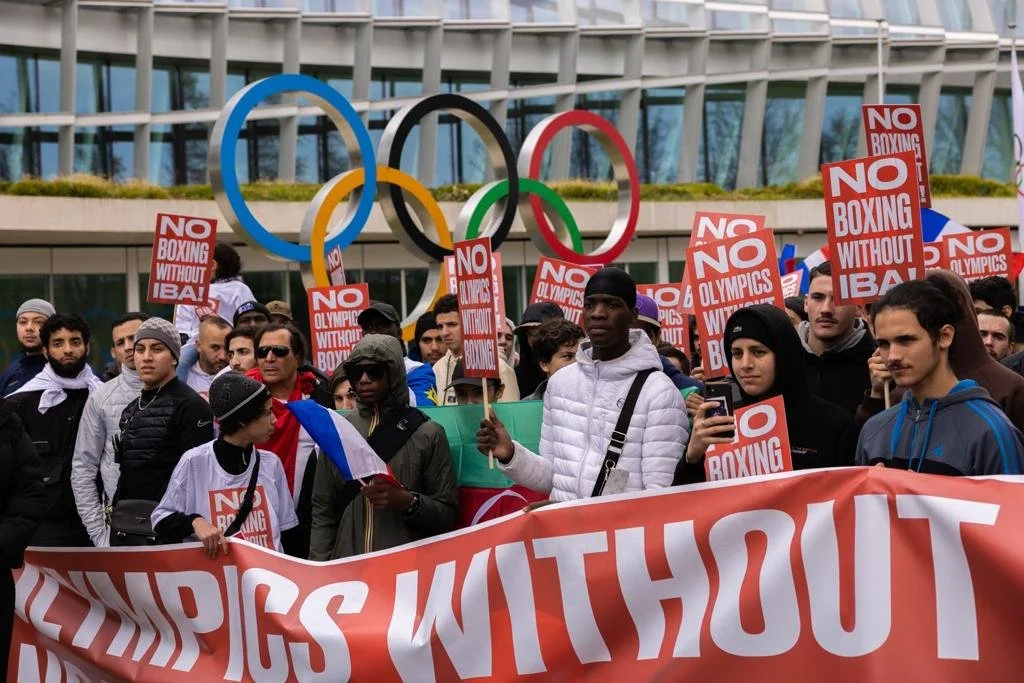If Umar Kremlev, president of the International Boxing Association, was named, say, Bill Jones, and he was not Russian, then all of everything that has been at the root of the problem with the IBA and the International Olympic Committee would very likely have been solved long ago.
Instead, in a historic decision, the IOC membership, by a vote of 69-1, decided Thursday to banish the IBA into the Olympic wilderness – or, in its formal language, withdraw the federation’s recognition.
The vote was predictable. Under president Thomas Bach, the members rarely if ever deviate from the recommendations of the IOC executive board.
The IOC dates to 1894. The vote Thursday is believed to be the first time in those 128 years it has severed ties with a sport’s federation. The action means zero for boxing in Paris for 2024 and Los Angeles for 2028. Boxing will be on the program. Who will run it? That’s a question.
The bigger question: will the IOC ultimately be proven on the right side of history?










